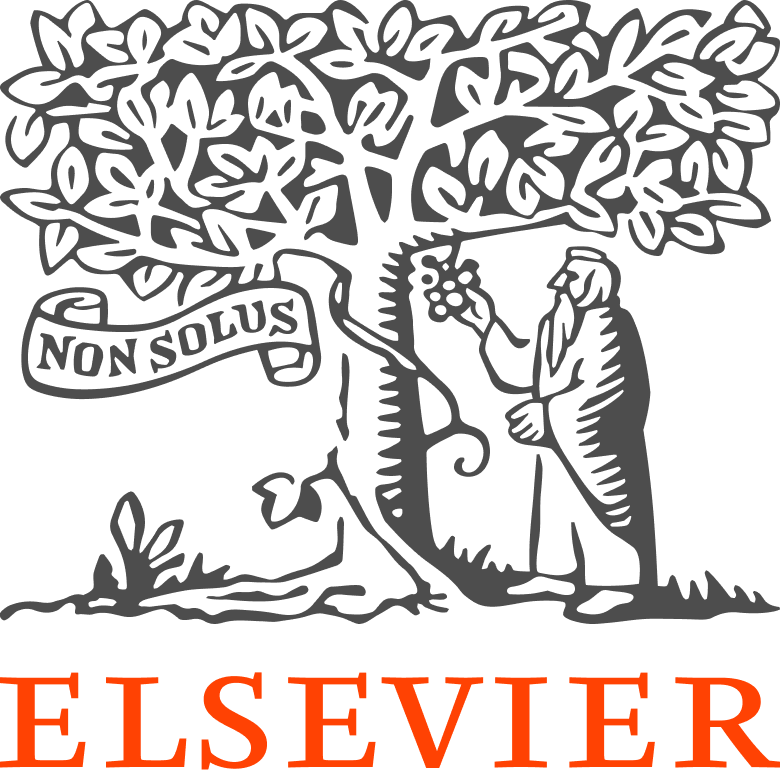How Can We Help?
Custom Metadata Options in Digital Commons DataCustom Metadata Options in Digital Commons Data
Digital Commons Data allows for the inclusion of custom metadata fields, so your institution can capture any information about datasets you feel is relevant. Adding custom metadata fields requires the assistance of your Consultant. This guide will cover the different options for custom metadata fields, and the information you will need to provide to your Consultant for the field to be added to your dataset draft pages.
Anatomy of a metadata field
Using the field below as an example, here are the different elements that may be included in a metadata field.

- The title of the metadata (Field Name).
- An asterisk next to the title indicates the the field is required/mandatory.
- Text input box for the field. Can include instructional text that is overwritten when you start typing. (Note: There are more input options than just strings of text).
- Values entered into a field (when that field allows for multiple inputs).
- Tooltip with additional instructional text (Presentation Tooltip).
How custom metadata fields are displayed in DCD
Custom metadata fields appear in their own section of the submission form and the Dataset information page. Typically they appear under a header of “Additional Metadata for INSTITUTION_NAME” but this is not strictly required.

Screenshot from Combined characterization of a plasma jet: FTIR, chemical surveys and antibacterial effect
Custom metadata field options
Below is a granular list of each element of a metadata field with options and rules related to each element.
| Element | Description | Required | Notes |
|---|---|---|---|
| Field Name | The name of the field as it appears in the User Interface |
Mandatory | No character limit, any character set allowed, must be unique within custom metadata fields |
| Field Description | A short description of the field | Optional | No character limit, any character set allowed |
| Data Type | The data type related to this field | Mandatory | Options are: Integer Numeric String Datetime Text |
| Component | The visual component used to render the field | Mandatory |
Options are: Select - drop down menu Radio - radio button Check - check box Open Text - text box |
| Order | The order in which this field appears in the template | Mandatory | Number starting at 1 |
| Public | Whether the field is going to the dataset metadata upon publishing the dataset | Mandatory | TRUE if field should be displayed on record page FALSE if it should not be displayed |
| Open | Whether the field accepts any value or only a preset list | Mandatory | TRUE if any value allowed FALSE if field should use controlled list |
| Collect Values | Whether free values entered by users should be collected as suggestions for subsequent users | Mandatory | TRUE if previously entered values should be displayed as suggestions FALSE if not |
| Allow Other | Whether a closed field allows entry of an "other" value | Mandatory |
Only applicable if Open is FALSE. TRUE if Other should be available as option FALSE if not |
| Mandatory | Whether a field is mandatory or not | Mandatory | TRUE if field is required FALSE if field is optional |
| Multi-value | Whether a field can collect multiple values or just one | Mandatory | TRUE if field can collect multiple values FALSE if only a single value may be collected |
| MV min # | The minimum number of values that have to be collected in a multi-value field | Optional | Number representing minimum number of multi-value items that can be selected/entered |
| MV MAX # | The MAXIMUM number of values that have to be collected in a multi-value field | Optional | Number representing MAXIMUM number of multi-value items that can be selected/entered |
| min value | The minimum value that can be entered into a field | Optional |
Primarily for Integer/Numeric fields Number representing minimum value allowed |
| MAX value | The MAXIMUM value that can be entered into a field | Optional |
Primarily for Integer/Numeric fields Number representing MAXIMUM value allowed |
| Presentation - Tooltip | Text to be displayed in the tooltip when hovering over the field | Optional | Defaults to the field description |
| Presentation - Description | Text to be used as alt-text for the field for accessibility purposes | Optional | Defaults to the field description |
How to request a custom metadata field
The most efficient way to request new fields is to use the Custom Metadata Template spreadsheet to enter the various custom metadata fields needed, along with the specific options that you require.
If you've gone through all these options/documentation and aren't totally sure what will work best for your needs, please don't hesitate to reach out with any questions. Your Consultant is happy to help talk through the type of information you need to capture and what options will work best for you.
 Digital Commons Help Center
Digital Commons Help Center